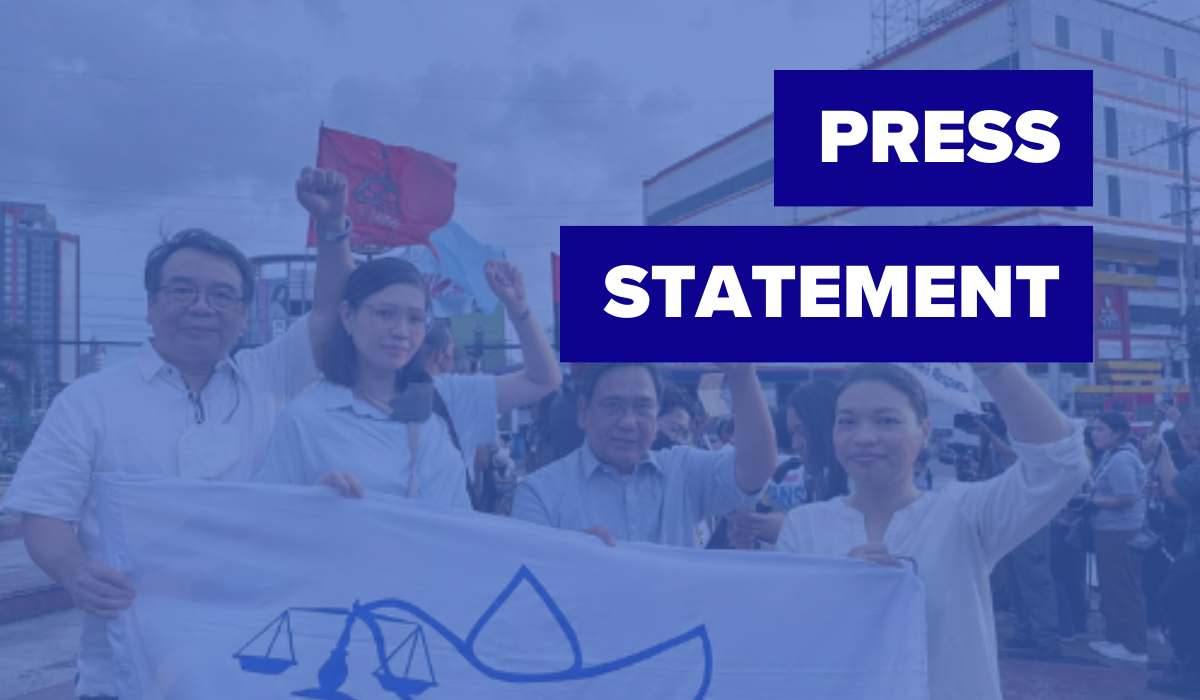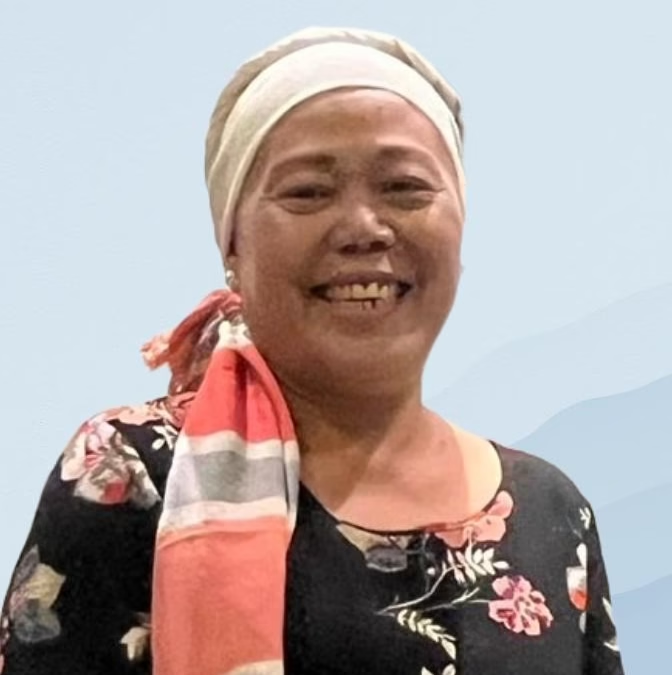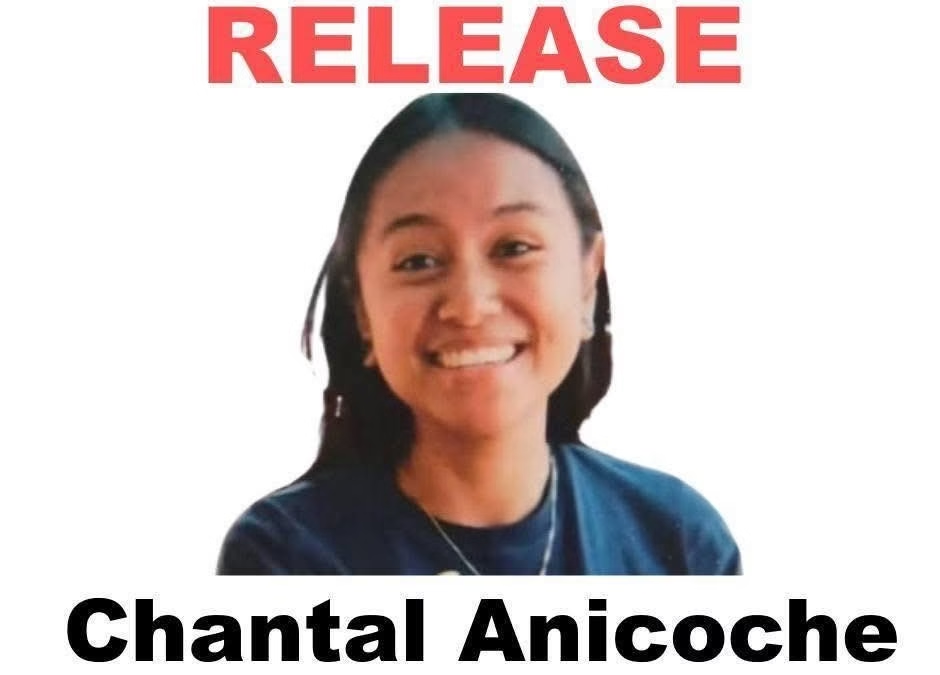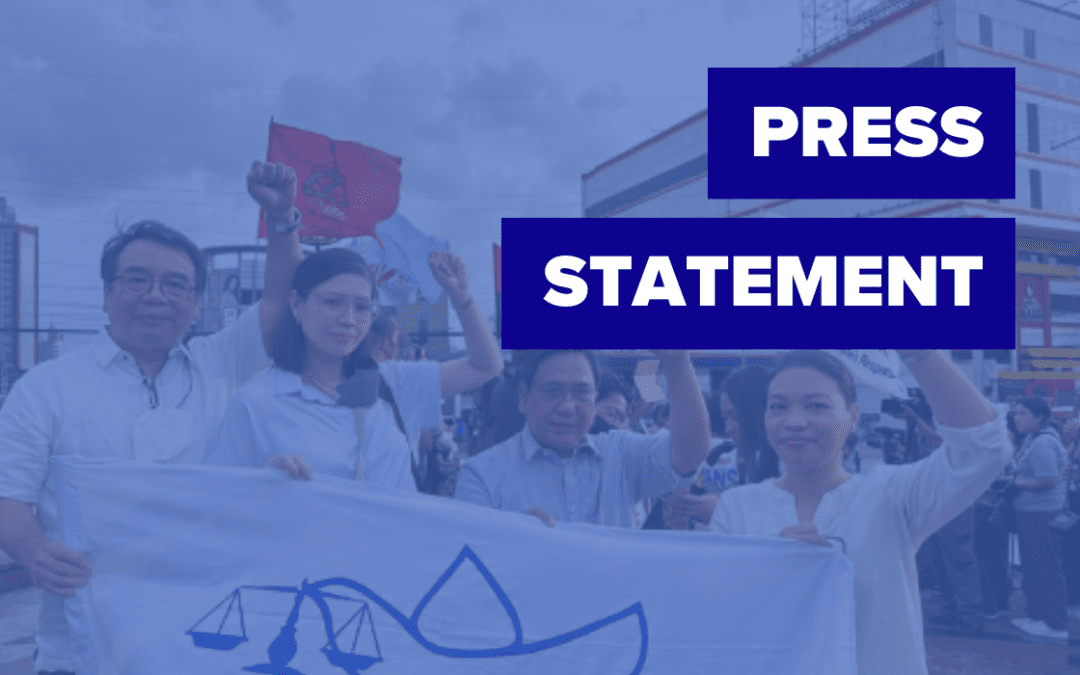The National Union of Peoples’ Lawyers (NUPL) strongly urges the International Criminal Court (ICC) to reject the 12 June 2025 application filed by Rodrigo Duterte’s legal team seeking interim release from detention. Duterte’s legal team invokes humanitarian grounds, citing his age and purported health concerns. They offer vague guarantees from an unnamed State Party willing to receive him and point to the Office of the Prosecutor’s qualified non-opposition under redacted conditions.
The claim that Duterte poses no flight risk ignores the reality of his enduring political network and decades-long ability to evade accountability. His advanced age is no guarantee of compliance. That he seeks to relocate to a sympathetic, undisclosed host State under conditions shielded from public scrutiny only heightens the risk. A man once referred to as the most powerful official in the Philippines does not suddenly become powerless.
The defense claims there is no evidence of recent interference, but in a country where fear and retaliation silence many, the absence of evidence is no guarantee that the proceedings will not be obstructed. Duterte’s regime perfected the weaponization of state institutions against human rights defenders, activists, and ordinary citizens. His capacity to intimidate is well documented.
Humanitarian considerations must also not eclipse the demands of justice, especially in cases involving crimes against humanity. Age and health, while relevant, cannot outweigh the rights of victims to see the process of justice carried to its end. The facilities of the ICC, the conditions of which are vastly superior to those in Philippine prisons, can guarantee the humane treatment of Duterte while he is detained.
His plea for interim release must also be seen in context. Just this week, the Senate abdicated its constitutional duty to try and decide the impeachment case against Vice President Duterte by remanding the articles of impeachment to the House of Representatives. This is the domestic landscape that Duterte’s victims contend with: a political elite that bends constitutional mechanisms to protect its own. When even the Senate refuses to sit as an impeachment court, it confirms what human rights advocates have long known—that accountability for the highest officials in the Philippines is not only elusive, but also systemically obstructed.
In Duterte’s case, the risks sought to be prevented by his detention remain deeply entrenched. But we urge the Pre-Trial Chamber to listen not only to legal arguments, but also to the voices of victims and survivors still waiting for justice. Unlike Duterte, the victims of his regime were not granted “interim relief.” They were shot dead in alleyways, tagged in police reports as “nanlaban,” and denied the dignity of due process. There is no compelling reason to now extend special consideration to the very architect of these atrocities. ###
Reference:
Atty. Josalee S. Deinla
NUPL Secretary General
+639174316396




